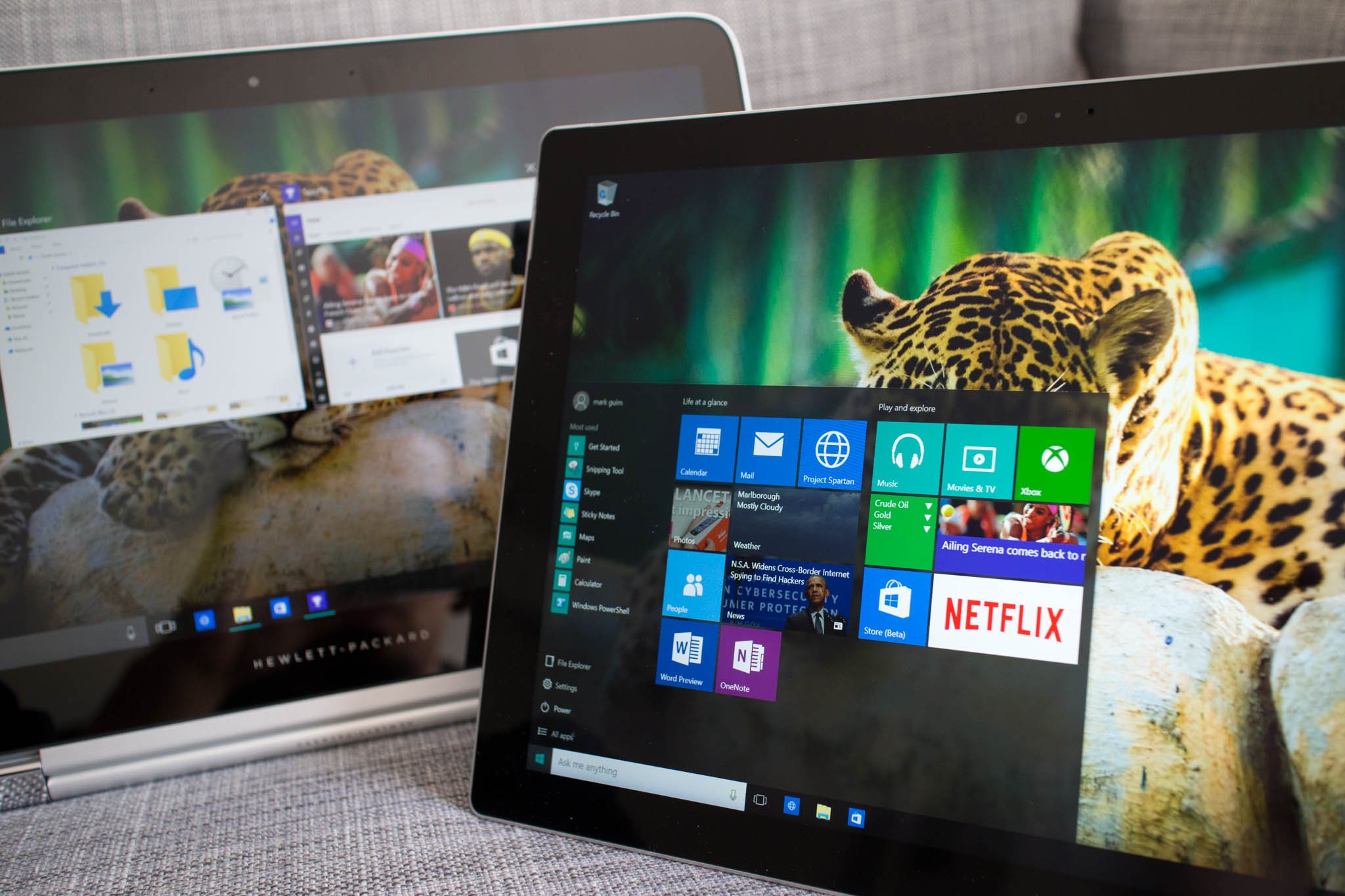PC shipments get hit with another decline in Q1 2016

All the latest news, reviews, and guides for Windows and Xbox diehards.
You are now subscribed
Your newsletter sign-up was successful
PC shipments worldwide suffered a large decline during the first quarter of 2016. The research firms Gartner and IDC have slightly different numbers, but both showed that Windows 10 has still not made a huge impact yet on PC sales.
Gartner showed an 9.6% decline in PC shipments during the first quarter compared to the same period a year ago. with 64.8 million units. This was not only the sixth straight quarter for PC shipment declines but also the first since 2007 that the numbers went below 65 million units. Gartner added:
PCs are not being adopted in new households as they were in the past, especially in emerging markets. In these markets, smartphones are the priority. In the business segment, Gartner analysts said the Windows 10 refresh is expected to start toward the end of 2016.
IDC, which includes Chromebooks but excludes tablets with detachable keyboards such as Microsoft's Surface devices in its figures, showed an 11.5% decline in the first quarter, with 60.6 million units. It added that shipments to the U.S. went down 5.8% in that time period. IDC does see some light at the end of this tunnel:
"Demand for PCs in the U.S. remains sluggish," said IDC Research Director, Devices & Displays, Linn Huang. "However, we should be entering a period of reprieve. Peak corporate and education buying seasons have historically started in the second quarter. With some IT buyers thinking about early Windows 10 transitions and with the potential continued ascent of Chromebooks in U.S. K-12, the PC market should experience a modest rebound in the coming months."
All the latest news, reviews, and guides for Windows and Xbox diehards.

John Callaham was a former contributor for Windows Central, covering Windows Phone, Surface, gaming, and more.
